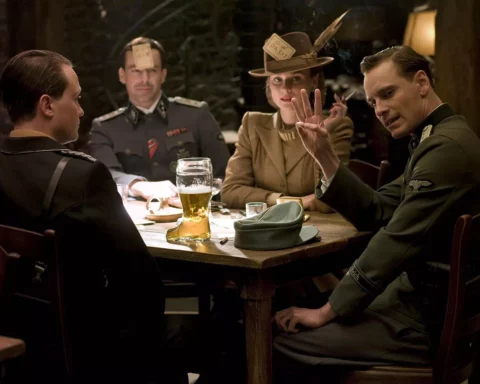Zlata Bartl is perhaps the most famous Croatian food engineer. She has She was born in neighboring Bosnia and Herzegovina in 1920. Her insatiable quest for knowledge led her to earn an impressive four diplomas in mathematics, chemistry, physics, and geology.
However, Zlata had an unsavory past, as well. She became a member of the Ustaša Nazi movement during the Second World War, which ultimately landed her in prison in the new socialist Yugoslavia. During her Nazi phase, she fell in love with a soldier (graduate student in electrical engineering) who was killed after the fall of fascism. Zlata suffered for him for the rest of her life and never fell in love again. In fact, she almost died of grief and tuberculosis, but the communists saved her because they saw her talent for natural sciences.
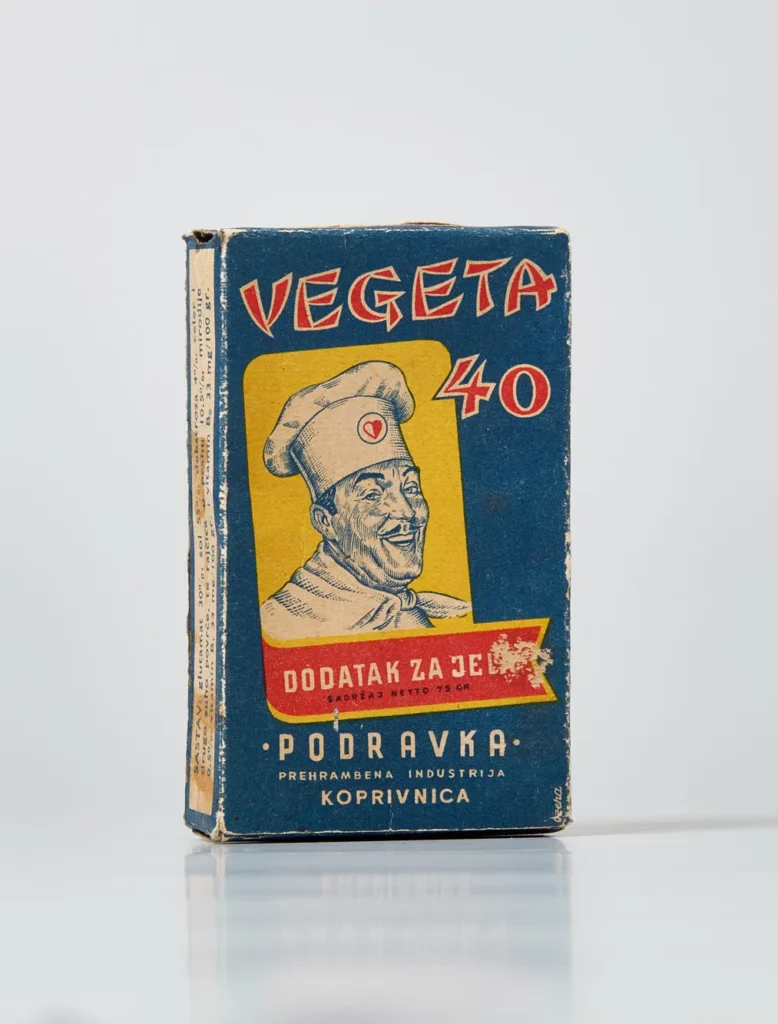
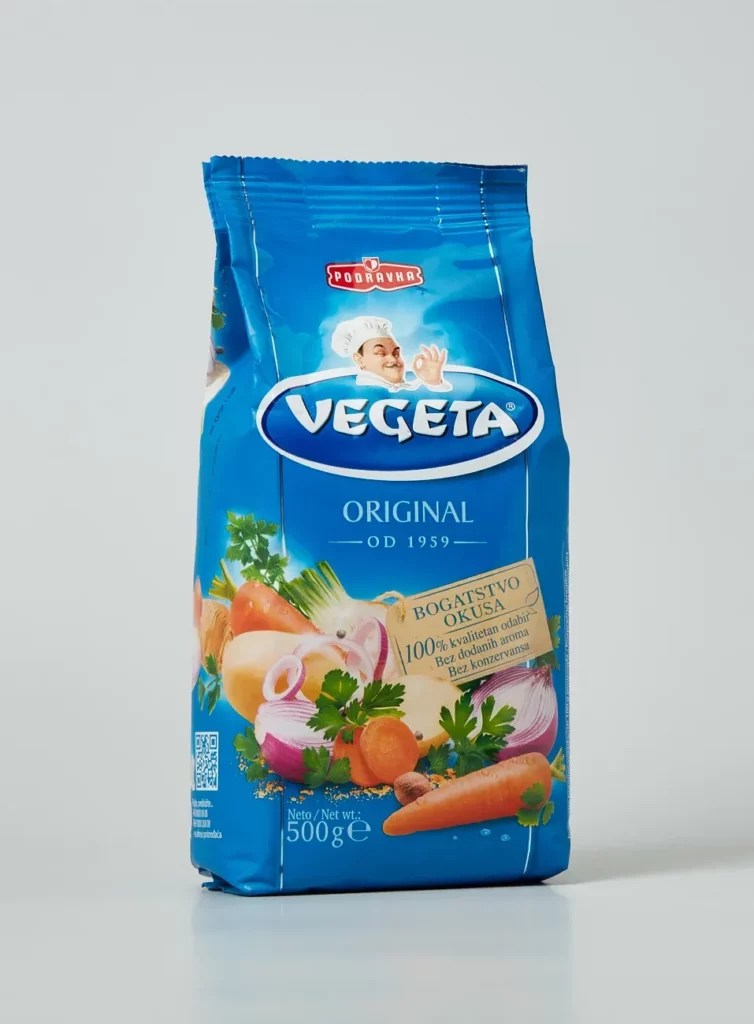

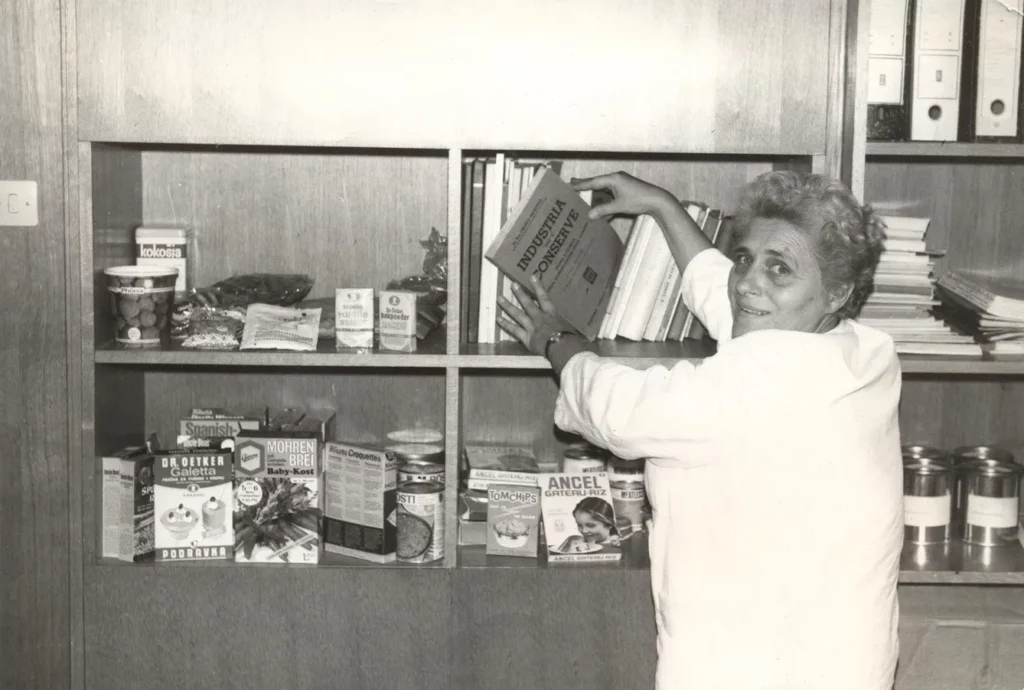
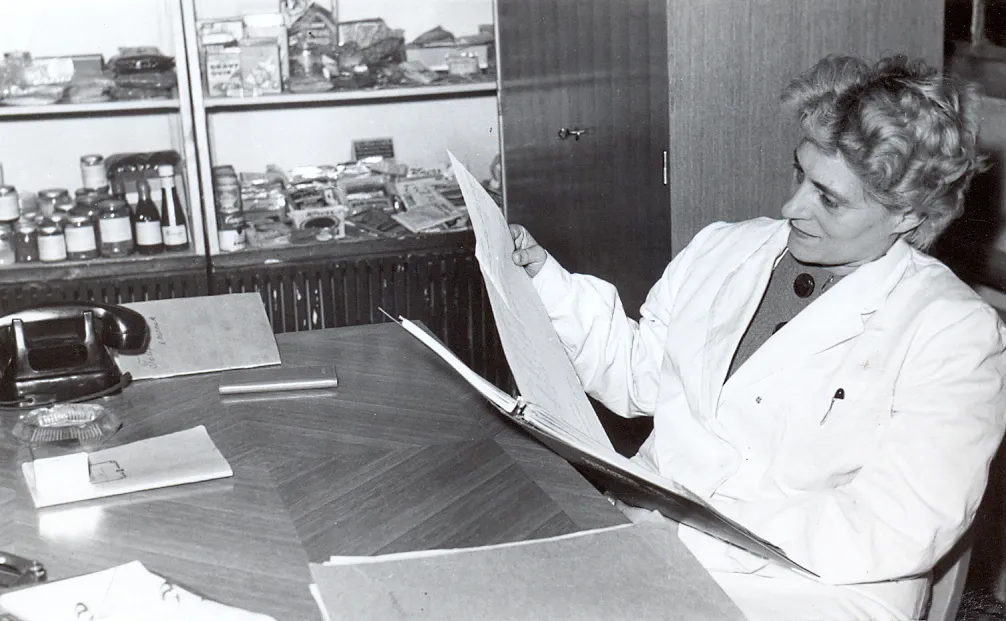
In 1955, Zlata was hired by the Podravka factory in Koprivnica as a chemist, and this is where her journey to success began. She led a team of scientists for new product development and, within two years, was working on dehydrated soups. Communist military officials kept a close eye on her work as they saw the potential to feed an army with their innovative solutions. (*Though in truth, they probably also kept an eye on her thanks to her previous role as a Nazi collaborator.)
Vegeta enters the scene
Whatever the case, in 1959, Zlata finally presented the formula for Vegeta, which was a blend of spices including seven types of dried vegetables. After two years, it had already become so popular that production amounted to a not-shabby 16 tons. The name came from a combination of the words for vegetables, vitamins, and taste.
It seemed like Vegeta did not need much of a marketing campaign, but in 1974, the Croatian TV culinary show “Small Secrets of the Great Masters” focused on showing how Vegeta could add exceptional flavor to almost any dish. Thanks to the cooking show, Zlata earned the nickname “Aunt Vegeta,” though she was never particularly fond of the endearment as she felt it singled her out from her beloved development team, who she believed deserved collective credit for the invention.
Until her retirement, Zlata worked tirelessly on further culinary innovations. She fought hard for Vegeta to break through into foreign markets and was particularly proud when it entered the markets of America, Australia, and Western Europe. Due to her talents, Zlata was recognized as an excellent inventor and honored with many awards.
However, despite the great success of her products, Zlata never found happiness. She never married or had children of her own, and she remained under constant supervision due to her previous mistakes. She claimed that her work colleagues were the only remaining pleasure in her life. So alas, behind the great success was a sorrowful story from Zlata’s perspective.
After the fall of communism, Zlata could finally breathe a sigh of relief, but by that time, she had already been retired for 14 years. However, it was evident just how much the Podravka Factory meant to her as she offered to help the factory during the war in the 1990s, having trained throughout her working life to make food products for the army.
Even today, the exact recipe of Vegeta is patent protected, and the product itself records growth in sales each year.



